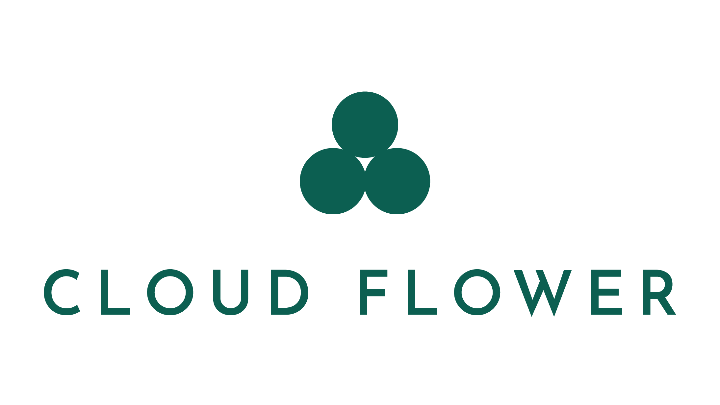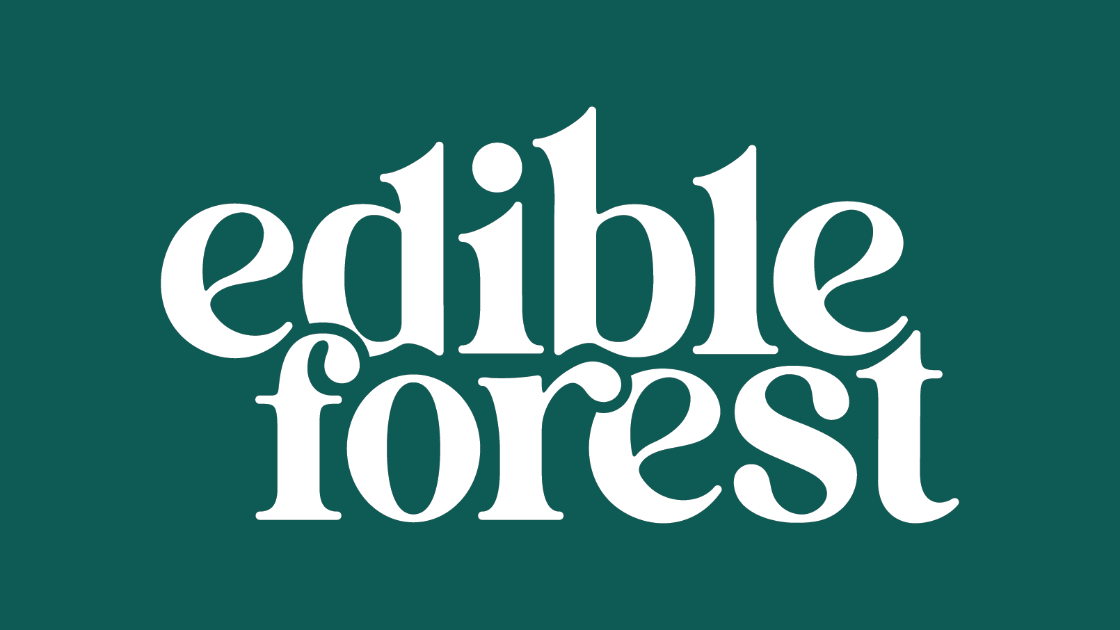 Certified Startup
Certified Startup

Project Edible Forest addresses human-animal conflicts (HAC) through innovative, non-violent solutions. Currently focused on Human-Elephant Conflict (HEC) in India, this project aims to reduce losses for both humans and elephants. Inspired by Mahatma Gandhi's vision of Grama-Swaraj, it fosters rural self-reliance and sustainability while promoting peaceful coexistence.
HEC is a growing issue in India, with over 1 million hectares of crops destroyed annually, causing food insecurity and financial strain on rural communities. Human fatalities average 400 per year, with over 605 deaths reported in 2023. Elephants also face about 100 fatalities annually, often due to retaliation. Habitat loss, deforestation, and expanding infrastructure force elephants into farmlands, devastating livelihoods and increasing hostility. This cycle underscores the need for sustainable, non-violent interventions.
Traditional conflict mitigation methods like electric fences, trenches, and firecrackers are unsustainable and escalate tensions. Project Edible Forest offers an alternative with beehive fencing, leveraging elephants’ natural aversion to bees. This eco-friendly solution not only deters elephants but also generates honey, supports pollination, and provides sustainable income for local communities. The pilot project in Pakkam, Kerala, demonstrated the success of beehive fencing, reducing crop damage and fostering coexistence.
The initiative’s benefits include:
1. Conflict Mitigation and Sustainable Coexistence: Beehive fencing effectively deters elephants without harming them, promoting harmony between humans and wildlife. Farmers gain livelihood security, reducing reliance on aggressive methods.
2. Ecosystem and Forest Health: Supporting pollinators enhances biodiversity, reduces pesticide use, and improves agricultural yields. Healthier forests diminish the need for elephants to encroach on farmlands, ensuring food security and lowering farming’s carbon footprint.
3. Community Empowerment: Training in beekeeping and sustainable farming provides livelihoods, strengthens local economies, and encourages environmental stewardship. The initiative actively involves marginalized groups, artisans, youth, and women for inclusive development.
4. Research and Innovation: Based on two years of research and trials, the project incorporates local conditions and stakeholder feedback to enhance adaptability and minimize failure. It offers opportunities for scientific studies on HAC dynamics, environmental impacts, and sustainable practices.
5. Innovative Economic Models: Revenue from honey, artisanal products, and merchandise supports both the project and community. Additional income streams include consulting, training, and eco-tourism.
6. Global Collaboration: The project welcomes contributions and advocacy from global participants, promoting biodiversity preservation and sustainable coexistence.
Aligning with UN Sustainable Development Goals such as No Poverty (1), Zero Hunger (2), Climate Action (13), and Life on Land (15), Project Edible Forest addresses economic, environmental, social, and cultural sustainability. Short-term revenue plans include selling honey and artisanal goods, while long-term strategies focus on a social enterprise model, memberships, impact investing, and eco-tourism. By integrating ecological innovation with community resilience, Project Edible Forest offers a scalable, sustainable solution for human-animal conflict, paving the way for global replication and coexistence.


